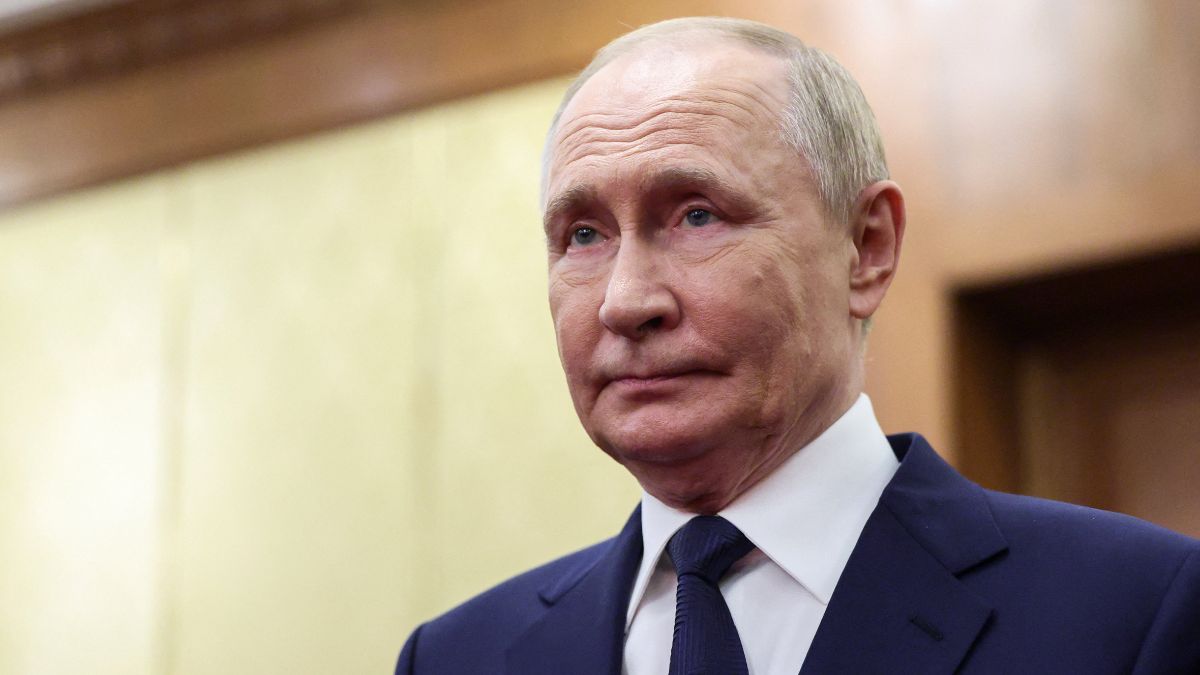Russian President Vladimir Putin’s forthcoming visit to India in early December 2025 is highly significant as it aims to reaffirm and strengthen the “special and privileged strategic partnership” amid a challenging global geopolitical landscape and increasing Western pressure on India. This visit, the 23rd annual summit, will be his first to India since the Ukraine invasion in February 2022, underscoring its importance. The visit is part of a long-standing tradition of annual summits between the two countries, which alternate locations between India and Russia.
Donald Trump’s aggressive policies and rhetoric have inadvertently pushed India to reaffirm and strengthen its longstanding strategic ties with Russia. Ultimately, the pressure campaign by the United States has proved to be a “self-goal”, reinforcing India’s resolve to pursue strategic autonomy and potentially strengthen its alignment with Russia.
Putin’s visit is seen as significant for India’s foreign policy as it balances relations between Moscow and Washington. It is a strong signal of India’s strategic autonomy and its commitment to a long-standing, trusted relationship with Russia, even as the US has imposed tariffs on India over its continued purchase of Russian oil. Both nations coordinate regularly on international political issues and aim to build a just, multipolar world order. The visit is intended to deliver major outcomes and reinforce the relationship amid a changing global order and Western pressure on India regarding its trade with Russia.
The visit is the culmination of extensive preparatory meetings, including External Affairs Minister S. Jaishankar’s recent visit to Moscow and discussions between Prime Minister Narendra Modi and Putin’s aide Nikolay Patrushev in New Delhi on November 18, in which they discussed strengthening collaboration in the maritime domain, including connectivity, port development, skill development, shipbuilding, the blue economy, and Arctic operations.
Quick Reads
View AllThe leaders will discuss regional and global developments, including the Ukraine conflict and coordination within international bodies like the UN, BRICS, G20, and the Shanghai Cooperation Organisation (SCO), where both countries are members. Russia supports India’s demand for a permanent UN Security Council seat. A “vision” document is expected to be signed, laying out a roadmap for cooperation across various sectors including shipbuilding (such as “green shipbuilding” and ice-class vessels), space, agriculture, and infrastructure.
Defence remains a central pillar of cooperation, with discussions expected on critical projects like the joint development of a fifth-generation fighter jet, further S-400 missile system deliveries, and potentially the joint production of S-500 systems. The leaders plan to move forward with defence projects, including potential deals for fighter jets and missile defence systems. Despite India’s efforts to diversify its defence partners, Russia remains a critical supplier, accounting for a significant portion of India’s military inventory.
Discussions will also focus on boosting trade and investment, particularly in energy (oil, nuclear power), and addressing logistics and payment challenges. India and Russia have committed to boosting bilateral trade to a target of $100 billion by 2030 and exploring alternative payment solutions to circumvent Western sanctions. Key deals in oil exploration and supply, nuclear energy (e.g., increasing the number of reactors at the Kudankulam power station), and direct diamond sales are expected to be finalised.
The leaders will focus on resolving related issues such as logistics and payment mechanisms, potentially using local or third-country currencies. Both nations are looking to finalise new pacts and initiatives to boost economic ties, with a focus on diversifying trade beyond energy and addressing the existing trade deficit. Discussions are also underway for a Free Trade Agreement with the Eurasian Economic Union.
A bilateral mobility agreement is expected to be signed to facilitate legal migration and protect skilled Indian workers in Russia, which is experiencing a labour shortage. The agreement aims to establish a formal framework for legal migration, protect the rights of Indian workers in Russia, and facilitate the expansion of skilled Indian manpower in key Russian economic sectors. Russia is keen to attract skilled Indian workers in industries such as construction, textiles, engineering, electronics, and IT. The pact will offer new employment opportunities for skilled Indian professionals and ensure their legal protection and dignified employment in Russia.
In conclusion, Putin’s visit is a continuation of regular high-level exchanges and is driven by mutual strategic interests, with the goal of fostering a multi-polar order. The visit reinforces a “special and privileged strategic partnership” that has been a consistent factor of stability in international relations, allowing India to pursue its national interests on the global stage.
Ultimately, the visit is a test of India’s diplomatic skill in balancing its historic friendship with Russia and its evolving global partnerships, demonstrating its ability to engage with all major powers on its own pragmatic terms.
(The writer is a retired Indian diplomat and had previously served as Ambassador in Kuwait and Morocco and as Consul General in New York. Views expressed in the above piece are personal and solely those of the author. They do not necessarily reflect Firstpost’s views.)
)